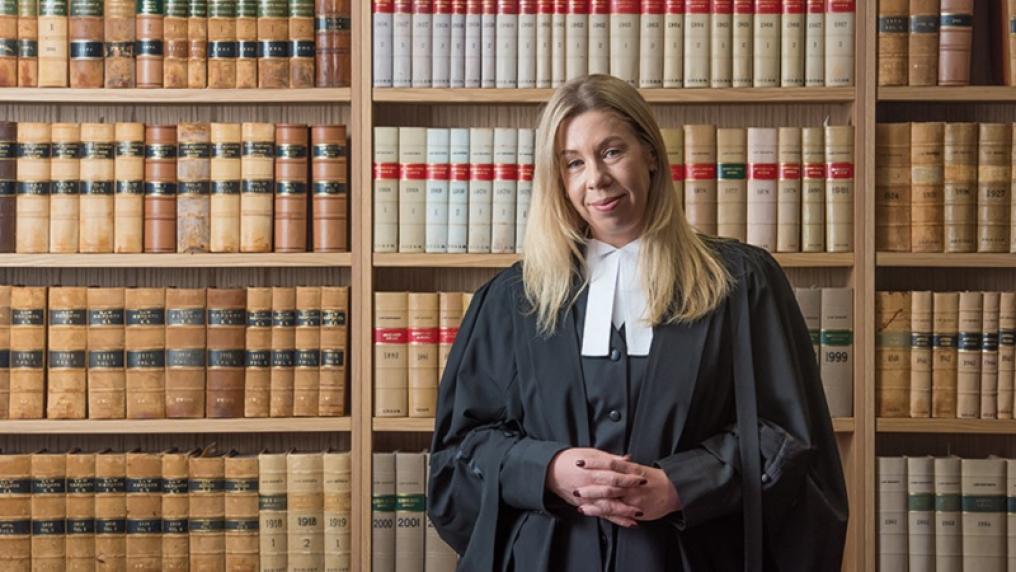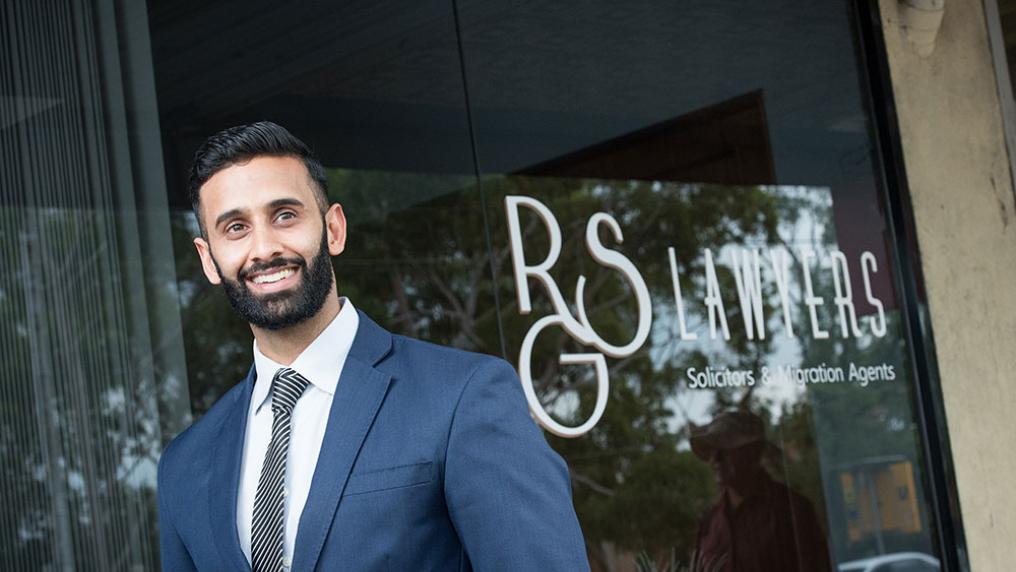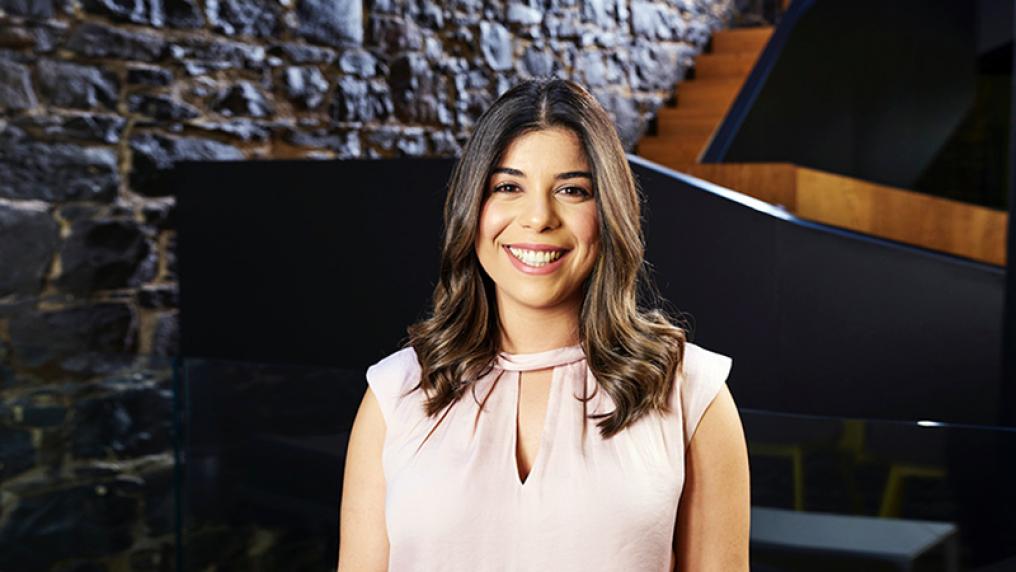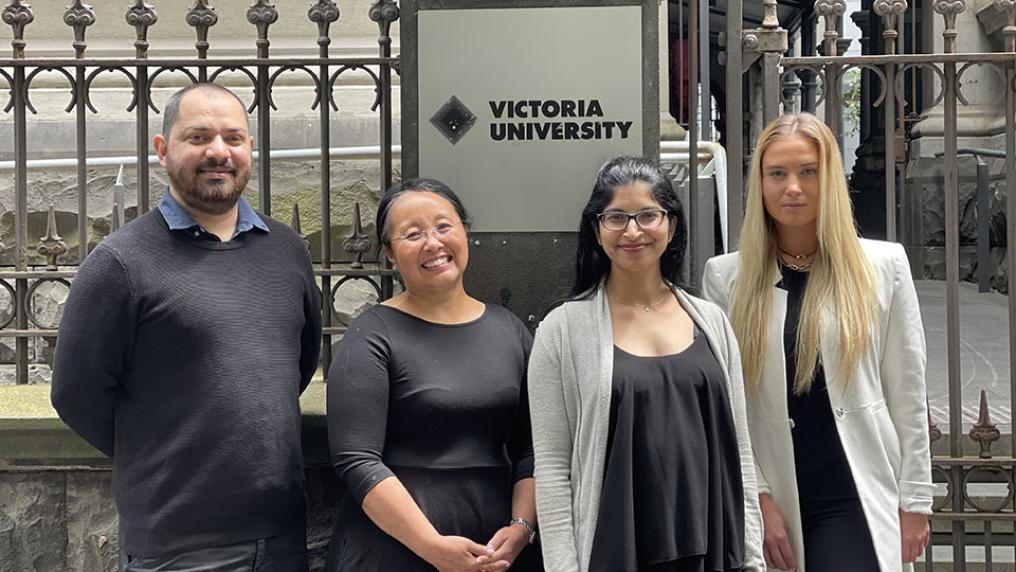Average lawyer salaries across Australia: state-by-state guide
Fight for justice, influence positive change and help people. Becoming a lawyer is a great way to build a rewarding career with diverse pathways, prestige, flexibility, and huge earning potential.
Here we dive deep into what you can expect from a career as a lawyer. You'll get a look at how much lawyers earn in Australia, the different areas of law you can specialise in and what demand is currently like for legal professionals.
Law: stats at a glance | |
|---|---|
| Average national salary | $110,000 |
| In shortage? | Yes, Australia-wide except NSW |
| Employment growth – last year | +3% |
| Employment growth – last 5 years | +28% |
| Increase in wages (2024) | +4.1% |
| Sources: Occupation Profiles (Jobs and Skills Australia), ABS Labour Force, Occupation Shortage List (Jobs and Skills Australia), Australasian Legal Practice Management Association 2024, Seek | |

What’s driving demand for lawyers in Australia?
Lawyers are in high demand across Australia in several areas of law, including corporate law, criminal law and family law.
Emerging risks in cybersecurity, intellectual property, data, fintech and energy infrastructure is also driving demand of lawyers. Evolving regulation, advancements in technology and threats from both criminals and state actors means organisations and businesses across a variety of sectors need support from in-house legal counsel or partnerships with legal firms.
Where are the shortfalls in the legal industry?
Australian legal practitioners are sounding the alarm about shortages in the industry. According to the 2025 Australian HR Issues & Salary Survey Report, workforce growth in 2024 fell short of expectations.
Actual headcount increased by 39% compared to a predicted increase of 56%. This shows there’s a scarcity of talent and indicates increasing competition to hire and retain skilled lawyers.
Legal associations say these shortages are being felt the hardest in regional areas. A lack of lawyers means bigger backlogs in our courts, creating flow-on effects in our communities. The Law Society of NSW and the Law Council of Australia have called on governments to provide incentives for lawyers to move outside metropolitan areas to practise in response to these trends.
A Lawyers Weekly article in early 2025 highlighted the challenge of recruiting mid-level lawyers – a problem firms say is getting worse due to the disruptive impact of COVID-19 on graduate programs as well as changing workforce habits.
How much do lawyers earn in Australia?
Lawyer salaries vary a lot depending on where you work and how experienced you are. To get a rough idea of what you might earn during the first few years of your career, we’ve compiled average salaries using data from Seek across every Australian state and territory.
How much are lawyers paid in Queensland?
Average annual salaries range between $110,000 and $130,000 for lawyers in Queensland. There’s massive demand for legal professionals in the sunshine state at the moment, which is reflected by higher salaries on average compared to other areas of Australia.
In fact, Queensland is home to the top two highest paying regions in Australia – Cairns & the far north (average salary of $125,000) and Brisbane (average salary of $123,750).
How much are lawyers paid in Victoria?
In Victoria, lawyers earn between $95,000 and $115,000 per year on average. Lawyers based in Melbourne earn $110,000 on average compared to $105,000 for the rest of the state. Keep in mind: this may be offset by less competition for legal jobs in areas outside Melbourne.
How much are lawyers paid in New South Wales?
Lawyers in New South Wales can expect to earn between $105,000 and $125,000 annually during the first few years of their career. Like many other regions of Australia, demand and pay varies depending on where exactly you work. Lawyers in Sydney attract the highest earnings in the state with an average annual salary of $115,000.
How much are lawyers paid in the Northern Territory?
Heading further up north, lawyers in the Northern Territory earn between $105,000 to $110,000 each year on average. There's fairly high demand for lawyers across the territory, which is reflected in higher than average pay. For example, the average salary in Alice Springs and Central Australia is $116,523 per year while lawyers in Darwin can earn $107,026 per year on average.
How much are lawyers paid in South Australia?
South Australian lawyers earn between $95,000 and $115,000 per year on average. While the job market in the state doesn’t offer the same highs as some other Australian states and territories, the legal sector here is growing and brimming with opportunities for new law graduates.
How much are lawyers paid in Western Australia?
As a lawyer in Western Australia, you can earn between $105,000 and $125,000 per year. Like Queensland – another big state – demand for lawyers in Western Australia is high in regional areas like the Kimberley, Goldfields-Esperance, Mid-West Gascoyne and Albany.
How much are lawyers paid in Tasmania?
In Tasmania, you’ll earn an average annual salary of between $90,000 and $100,000 as a lawyer, depending on where you work. Tasmania has a relatively small legal profession, but with shortages in many regional areas, there’s an opportunity to build a career while facing less competition in this fast-growing state.
How much are lawyers paid in the Australian Captial Territory (ACT)?
Lawyers in the ACT earn an average of $90,000 to $110,000 per year. It’s on the lower end of the scale compared to other regions in Australia, which might come down to demand. Being home to our federal parliament means there’s a lot of lawyers around.
Canberra especially has a higher proportion of experienced lawyers compared to the rest of Australia, working across private practices, government, lobbying, advocacy and corporate law.
Australian lawyer salaries by state & territory
| State/territory | Average lawyer salary |
|---|---|
| Queensland | $120,000 |
| Victoria | $105,000 |
| New South Wales | $112,500 |
| Northern Territory | $107,500 |
| South Australia | $105,000 |
| Western Australia | $115,000 |
| Tasmania | $95,000 |
| ACT | $100,000 |
[source: Seek data, July 2025]
Remember: figures sourced from Seek rely on employer job postings and are unlikely to capture the full picture of salary trends in the legal sector.
It’s also important to note that there are big discrepancies between what you earn when you first enter the workforce compared to what you can earn once you have many more years of experience – something you’ll see in the graph below.
Don’t forget about bonuses!
Another big benefit of working in law: On top of your base pay, many legal firms also offer bonuses, typically between 12% and 15%. The amount you get usually depends on your performance – which can be based on meeting billable hours, bringing new business to the firm or other key performance indicators.
Your position also has an impact. The more senior you are, the bigger your bonuses tend to be. Demand for talent also influences bonuses. Legal firms may try to fill gaps in talent by offering more generous bonuses.
Salary growth over your career as a lawyer
Your career ladder as a lawyer will always look a bit different depending on the location, type and size of firm you join. You’ll generally start off your career as a legal clerk, working as part of a placement while you’re still at uni. Once you graduate, you can become a lawyer. Where your career goes next depends on what area of law you focus on.
This table shows an example of how your career can progress over the years in a private practice setting:
| Role | Average lawyer salary |
|---|---|
| Lawyer (years 1-3) | $108,000 |
| Associate (years 3-5) | $135,000 |
| Senior associate (years 5-7) | $196,000 |
| Special counsel (years 7-10) | $233,000 |
| Partner (10+ years) | $840,000 |
*Note: this data averages salary ranges across small, mid and major private practices in Melbourne and Sydney using data pulled from the 2024 Mahlab Report.
Where should I practise law in Australia?
Your location also affects your salary and how in-demand you are. While major firms in the biggest cities like Melbourne and Sydney offer the highest wages, it’s worth thinking beyond the raw numbers and focus on your overall quality of life.
For example, will your day-to-day living expenses in a major city cancel out the benefits of a higher salary? A lower salary in a smaller city could mean a higher net income overall.
You should also balance salary with other benefits like flexible working arrangements, bonuses and opportunities for professional development.
What type of lawyer should I be?
The 2025 Australian HR Issues & Salary Survey Report also found that demand for talent remains strongest for:
Employment and workplace lawyers
Family lawyers
Personal injury lawyers
Commercial litigators
In-house legal counsel
By specialising in a specific area of law that’s in high demand, you could increase your job prospects as well as your salary over the course of your career.
Beyond the salary
According to the Australasian Legal Practice Management Association (ALPMA), the legal sector is in the middle of a reset. Careers in law are being reshaped by generational shifts in workplace expectations, talent scarcity and interests.
For a lot of people entering the legal industry, it isn’t just about who pays the most – it’s about who provides the best opportunity in terms of purpose, flexibility and growth.
Like many VU graduates, you may choose to work in community legal centres helping disadvantaged groups access legal assistance instead of chasing the hustle of private practice law.
Don’t be afraid to follow your passion – finding meaning and purpose in your job is an essential part of building a truly fulfilling career.

How to become a lawyer
Transform your passion for law into a rewarding career by studying a Bachelor of Laws at VU. You’ll build the practical skills and knowledge to forge your unique path, whether you want to work in criminal law, family law, human rights or for a not-for-profit.
Learn from some of Australia’s most experienced and reputable legal professionals right in the heart of Melbourne’s legal precinct at VU’s City Campus. Get real-world experience through placements with community legal services and courts.
You’ll graduate having satisfied the academic requirements of the Victorian Legal Admissions Board for admission to legal practice in Victoria.
Other legal qualifications at VU
During the final year of your Bachelor Laws degree, you can complete an honours thesis in your final year, graduating with a Bachelor of Laws (Honours). You can also explore other disciplines in law:
Bachelor of Legal Services – Prepare for a career in the legal services industry, getting sought-after skills in legal research, document preparation, interviewing and interpreting legislation.
Bachelor of Criminology – Develop a deep understanding of the sociopolitical and individual factors that lead to criminal activity and its complex interactions with the criminal legal system.
Bachelor of Laws / Bachelor of Psychological Studies – This double degree helps you examine how the mind works and develop broad legal knowledge, preparing you for jobs with an interaction between law and psychology.
Bachelor of Laws (Honours) / Bachelor of Psychology (Honours) – Over six years, this program blends legal education with in-depth psychological study, preparing you for a career as a lawyer or psychologist.

Pathways to law, justice & legal practice courses
Don’t quite meet the entry requirements for your dream course? Don’t stress! Pathways at VU means everyone can find the right road for their unique journey. Click the courses below to see potential pathways and the credit points you can get towards your qualification. If no credit points are listed, the course guarantees entry only.
Need more advice on which courses and pathways best suit your circumstances and career goals?
Launch your law career
Find your path to justice at VU. You'll study in the heart of Melbourne's legal district while accessing valuable real-world experience through placements at community legal services and reputable firms. So don't hestiate: start your legal career today.






